Unraveling the Mystery of Water Beyond Earth - The Key to Life? Dive into the quest for water on other worlds
For ages, we have looked up at the sky, wondering if we are alone. Now, with advanced technology,
scientists are seriously hunting for life beyond Earth. A key part of this search is finding water on other planets and moons. Water, as we know it, is essential for life.
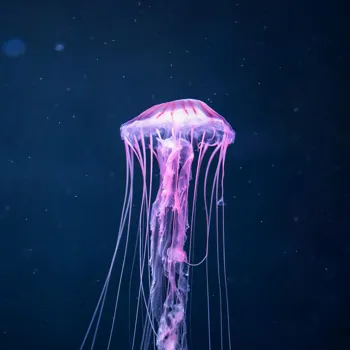
So, where there is water, there is a higher possibility of finding life.
Water is crucial for life due to its role as a universal solvent and in biological processes
The big question is, why is water so important? Well, water acts like a universal solvent. It helps in mixing chemicals, allowing crucial reactions to happen that are needed for life to begin and sustain. Think of it like this: water inside our bodies helps to carry nutrients and remove waste.
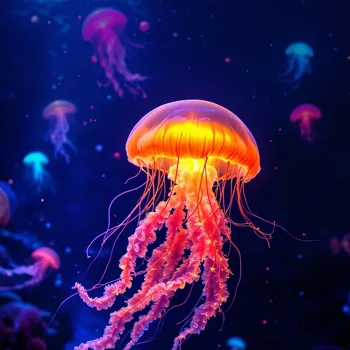
It does the same for basic life forms, making it the driving force behind biological processes. Water also helps in temperature regulation, which is very significant for life to survive. A planet with water is more likely to have a stable environment suitable for life as we know it.
Scientists are exploring Mars, Jupiter, and Saturn for water
So, where exactly are scientists looking for water? Mars is a prime target. Evidence suggests that Mars once had lakes and rivers on surface. Although liquid water is not found now, there is evidence of presence of ice in the polar regions and underground.
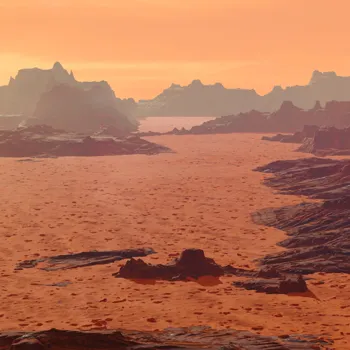
Scientists are using rovers like Curiosity and Perseverance to analyse soil and rock samples, searching for chemical signs that suggest past or present water activity. Beyond Mars, moons of Jupiter and Saturn are also offering opportunities.
Europa and Enceladus, for example, are icy moons, and beneath their frozen surfaces, scientists believe that there are vast oceans of liquid water.
Excitement over water discovery on celestial bodies fuels space missions
The discovery of water on these celestial bodies has made the space community very excited. These oceans could potentially host microbial life, maybe similar to the simple life forms that are found in Earth’s deep oceans.
Space missions like the Europa Clipper, which is planned to explore Europa, and the Dragonfly mission to Titan, another moon of Saturn, are specifically designed to probe these water-rich environments.
These missions are equipped with advanced sensors and instruments that can measure the composition of the ice, detect plumes of water vapour erupting from the surface, and ultimately, assess the habitability of these fascinating moons.
Challenges in searching for water in space for life
The search for water is not easy, and there are many challenges involved. First, detecting water from millions of kilometres away is difficult. Scientists depend on telescopes and space probes with sophisticated sensors to analyse the light reflecting from these far-off worlds.
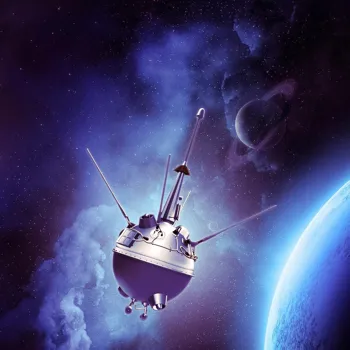
Also, even if water is detected, it doesn't guarantee that there will be life. The water has to have the right chemical composition and temperature to support life.
And reaching these distant locations takes a lot of time and resources, requiring complex engineering and collaborative efforts of scientists from all across the globe.
Exploring water on other planets benefits Earth's environment, resources, and space tech
Even if we don't find life on other planets, the search for water has its own value. It enhances our understanding of how planets form, evolve and if they can hold life. By studying the conditions on other planets, we can learn more about Earth's own environment and how to protect it.
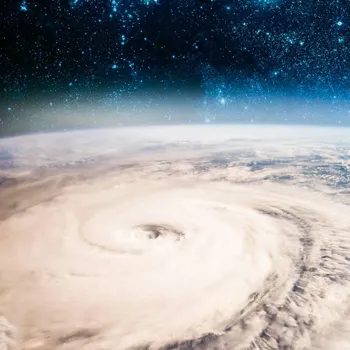
This knowledge is very helpful to find ways to manage water resources, understand climate change and even develop technologies for space exploration.
Whether we end up finding extraterrestrial life or not, the quest to find water beyond Earth is sure to change how we see our place in the universe and the amazing possibilities that lie ahead.
AI Generated Content. Glance/InMobi shall have no liability for the content













